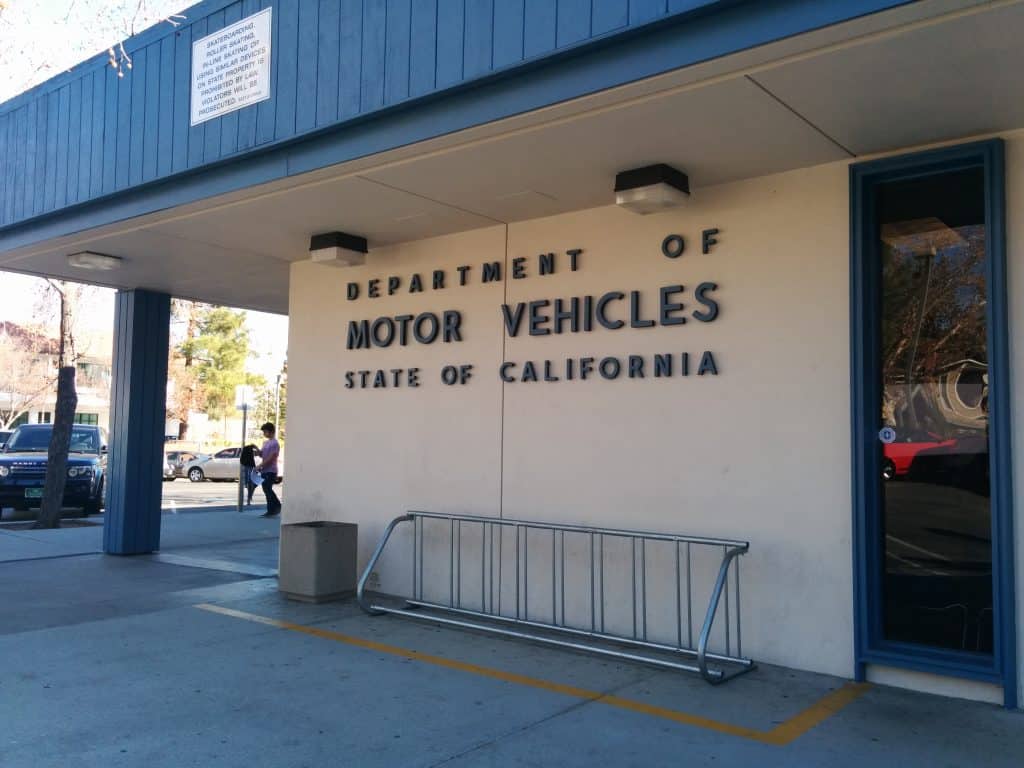 New regulations formally proposed today by the California Department of Motor Vehicles covering deployment of robot cars and testing of self-driving cars without steering wheels weaken safety protections, Consumer Watchdog said. It called for the regulations to be strengthened before they take effect.
New regulations formally proposed today by the California Department of Motor Vehicles covering deployment of robot cars and testing of self-driving cars without steering wheels weaken safety protections, Consumer Watchdog said. It called for the regulations to be strengthened before they take effect.
The nonpartisan, nonprofit public interest group also called on the DMV to immediately begin a rulemaking to enact regulations covering self-driving robot trucks.
“The DMV’s current self-driving car test regulations set a standard for the nation, requiring a test driver behind a steering wheel who could take over, and vital public reports about testing activities,” said John M. Simpson, Consumer Watchdog’s Privacy Project director. “The new rules are too industry friendly and don’t adequately protect consumers.”
The proposed regulations – like the current testing rules – supposedly don’t allow self-driving trucks to be tested in the state, Consumer Watchdog noted. Nonetheless, Uber’s subsidiary Otto, is testing trucks in the San Francisco area that it described in official memos to Colorado authorities as using self-driving technology.
“DMV needs to rein in Uber CEO Travis Kalanick and his renegade operations,” said Simpson. “Explicit truck testing rules are required immediately.”
The key problem with the new rules is that they kick many of the safety enforcement issues to the federal government, requiring that any robot car deployed must certify that it meets Federal Motor Vehicle Safety Standards (FMVSS). They also say the manufacturer must file a 15-point safety check list with the National Highway Traffic Administration.
“The problem is that there is no FMVSS that applies explicitly to autonomous vehicles,” said Simpson. “The NHTSA safety check list is meaningless because it doesn’t set any standards. It only asks that manufactures voluntarily say, ‘Yeah, we thought about this stuff.’”
Consumer Watchdog also expressed concern about how some provisions in the proposal are weaker than draft regulations circulated and discussed at workshops last year.
Under the draft regulations a manufacturer would have had to get permission from a municipality before it tested robot cars without a steering wheel on its streets. The new proposed regulations only require the manufacturer to notify a municipality of its plans.
Another provision of the draft rules required a robot car without a steering wheel to be tested in the state for at least a year with at least one annual disengagement report filed before the company could apply to deploy such a vehicle. The required year of testing in the state has been dropped.
Under the current testing rules manufacturers must file a report of any crash within 10 days of the incident as well as an annual “disengagement report” detailing when the robot technology failed and a driver took over. The proposed deployment regulations cover no such provision. Consumer Watchdog said such reports must be required.
“This is still a developing technology. Once the cars are on our streets, the public has a right to know when something goes wrong,” Simpson said. “Crash and disengagement reports must continue after robot cars are deployed.”
Consumer Watchdog supported a provision of the regulations that would prohibit manufacturers from using language to advertise a vehicle that would lead people to believe it is more capable of self-driving than is actually the case.
“That’s what Tesla did with its so called ‘Autopilot’ and people got killed,” said Simpson. “When companies like Tesla and CEO Elon Musk refuse to act responsibly, the law needs to hold them to account.”
Comments on the regulations, which are being enacted through the Administrative Procedures Act, can be made for 45 days. A public hearing on the proposed regulations will be held in Sacramento on April 25, with the expectation that final rules will take effect by the end of the year.
“DMV’s initial self-driving testing rules set a high standard for the nation, demonstrating that thoughtful regulation and safety protection go hand-in-hand with innovation,” said Simpson. “DMV must maintain the high standard it has set and continue to put safety first.”